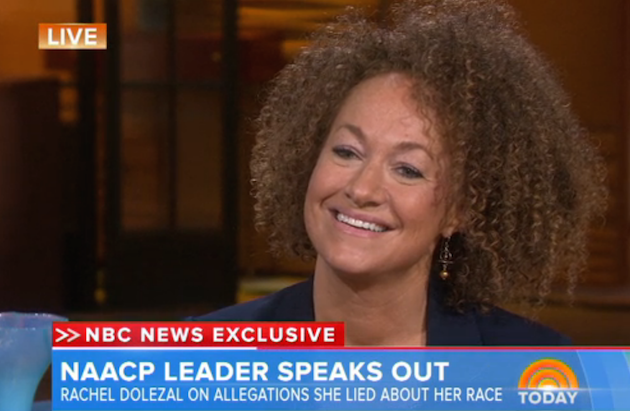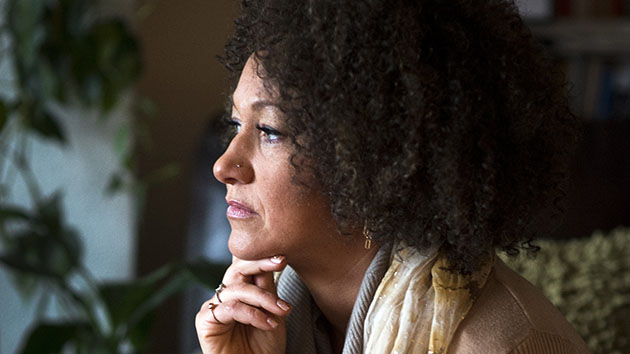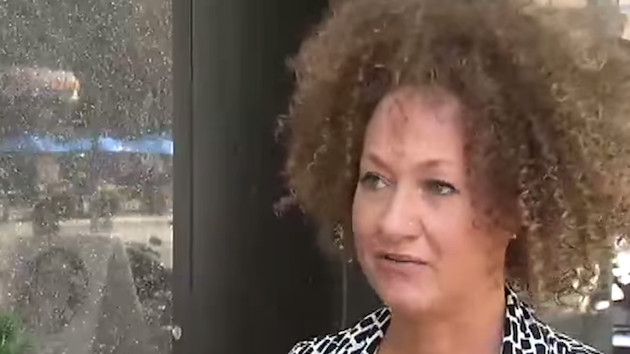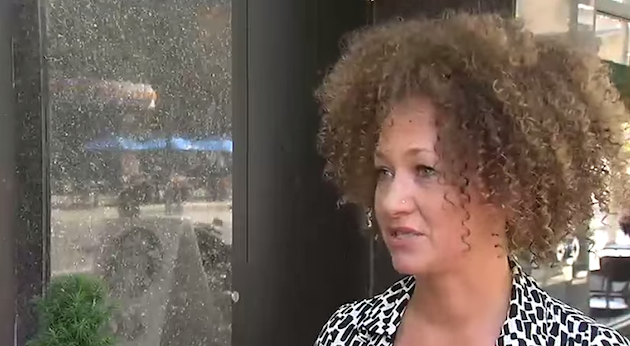
Today Show
In her first public interview since allegations that she lied about her race for nearly a decade, Rachel Dolezal sat down with Matt Lauer on Tuesday to address the controversy.
“I did feel that at some point, I would need to address the complexity of my identity,” the former Spokane NAACP president said. When asked directly if she is an African American woman, Dolezal responded, “I identify as black.”
She went on to explain her “self-identification with the black experience” started around the age of five, when she began drawing self portraits of herself using a brown crayon, rather than a peach one.
In a Facebook post on Monday, Dolezal announced she was resigning as the local NAACP chapter president. Hours after posting the letter, the Smoking Gun reported she once sued Howard University claiming racial discrimination against her for being a white woman.
When Lauer broached the 2002 lawsuit, Dolezal said, “The reasons for my full tuition scholarship being removed, as well as my teaching assistant position, were that other people needed opportunities and ‘you probably have white relatives that can help you with your tuition.’ I thought that was injustice.”
Two years after she filed suit, a judge dismissed her case.













